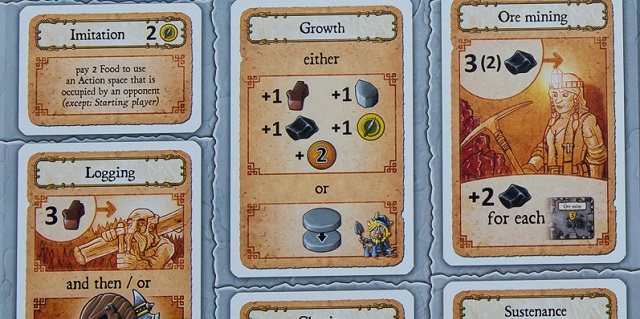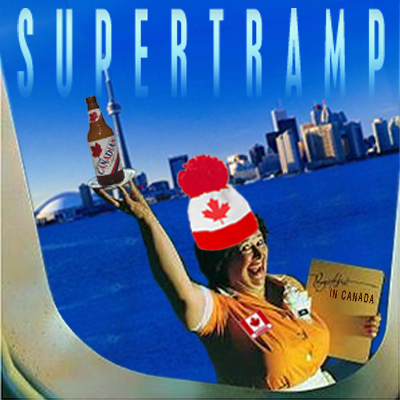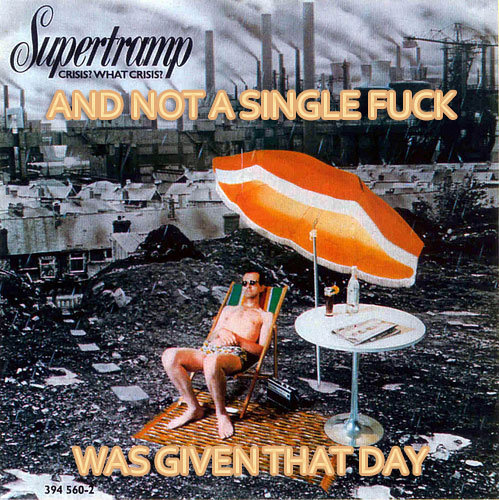3 Players: W, G & J
 Game: El Grande
Game: El Grande
Choice: J
Location: W
Game One:
G (153 pts), W (140pts) & J (133 pts)
Final Tally
G was declared this week's winner.
Game Notes:
- J wanted to choose Citadels but was warned off it for the clunky play in three player games (each player ends up with two character cards each round instead of the usual one character per player)
- J was in 1st place at the end of the 1st scoring round; W was 2nd and G was last.
- G was in 1st place at the end of the 2nd scoring round; W and J were tied for second.
Grateful Dead: Europe '72, Vol. 15 - 11.05.1972 - Grote Zaal De Doelen, Rotterdam, Holland
 Another stop on the now famous working vacation known to heads everywhere as Europe '72. The band was evolving and this night would prove an exemplary performance for the whole band but especially worthy of note is the performance of keyboardist, harmonica and vocalist Ron "Pigpen" McKernan (who would be dead in ten months and was already paying the price for his hard-drinking ways). The night also featured incoming keyboardist Keith Godchaux on piano and his wife Donna Jean Godchaux. Donna, on this tour, really established a place for herself on stage.
Another stop on the now famous working vacation known to heads everywhere as Europe '72. The band was evolving and this night would prove an exemplary performance for the whole band but especially worthy of note is the performance of keyboardist, harmonica and vocalist Ron "Pigpen" McKernan (who would be dead in ten months and was already paying the price for his hard-drinking ways). The night also featured incoming keyboardist Keith Godchaux on piano and his wife Donna Jean Godchaux. Donna, on this tour, really established a place for herself on stage.
This 4 CD set captures one complete show from May 1972 in Holland. Starting with an unusual choice of opening song, Playing in the Band, the boys signalled that they were here to jam and they proceed to do so. At just over ten minutes, this version allows for just enough jamming before being reigned in. The jamming is tight especially when compared to how this song would evolve over the next few years into renditions sometimes clocking in closer to the 25 minute mark. Tonight we jumped in part way through the first set and only listened to a couple of tracks (Big Railroad Blues, Good Lovin' and Casey Jones). We'll revisit this show another night that's for sure. There's lots of good stage banter, the band sound in good spirits and the show boasts an impressive Dark Star that goes to some unusual, highly entertaining places before kicking off a rocking Sugar Magnolia which itself gives way to a glorious extended Caution before giving the audience (that had been kept up late by this point) their only hit, Truckin' and closing out the show with a sweet Uncle John's Band.
Before they changed their name to Chicago and became soft-rock gods, this band released a super funky double album of politically charged jazz-rock that includes the oft-sampled song "I'm a Man" (yes I am and I cant help but love you so, o o o... sorry couldn't help myself. J said "I actually know this song!" when he heard it).
Blind Faith: Blind Faith Deluxe Edition: The Jams (Recorded 1969, Released 2001)
 This cd full of jams was included in the deluxe re-release of this classic album much like the deluxe re-release of the Layla sessions. All record bin junkies know the actual album for it's, uh, remarkable cover but most have never heard these jam sessions that were recorded around the same time as the album was being produced. We listened to the first track, "Jam No.1: Very Long & Good Jam" and agreed that it was long and good but also long and somewhat repetitive. While there were some in attendance who would've enjoyed hearing the rest of the tracks, there were others who had had enough aimless noodling.
This cd full of jams was included in the deluxe re-release of this classic album much like the deluxe re-release of the Layla sessions. All record bin junkies know the actual album for it's, uh, remarkable cover but most have never heard these jam sessions that were recorded around the same time as the album was being produced. We listened to the first track, "Jam No.1: Very Long & Good Jam" and agreed that it was long and good but also long and somewhat repetitive. While there were some in attendance who would've enjoyed hearing the rest of the tracks, there were others who had had enough aimless noodling.Deep Purple: In Rock (1970)
 We headed to hard but safe territory after the noodling and repetition got too annoying. Opening with Speed King, this album wears it's heavy metal pride on it's sleeves and got us all head bobbing right from the start. Eventually, of course, Child In Time came on and it was time for nostalgia because, honestly, this is such an awesome tune that it always brings me back to teenage wasteland.
We headed to hard but safe territory after the noodling and repetition got too annoying. Opening with Speed King, this album wears it's heavy metal pride on it's sleeves and got us all head bobbing right from the start. Eventually, of course, Child In Time came on and it was time for nostalgia because, honestly, this is such an awesome tune that it always brings me back to teenage wasteland.
To be honest, W's iTunes just carried on in the list of recently added albums and started playing this album before anyone noticed. That kind of thing can happen when we're gaming. Anyway, we enjoyed what we were hearing so we let it play. Recorded during Cream's farewell tour after only three years together as a band and only three albums to their name, these guys went out in style. Perhaps an uneven effort, it nonetheless features some great performances including Politician and Sitting on Top of the World (a traditional bluegrass song here turned into a purple, electric blues romp that paints the room with psychedelic fire or maybe it was just me but man, do these guys ever smoke! even on these slower tempo numbers).




























